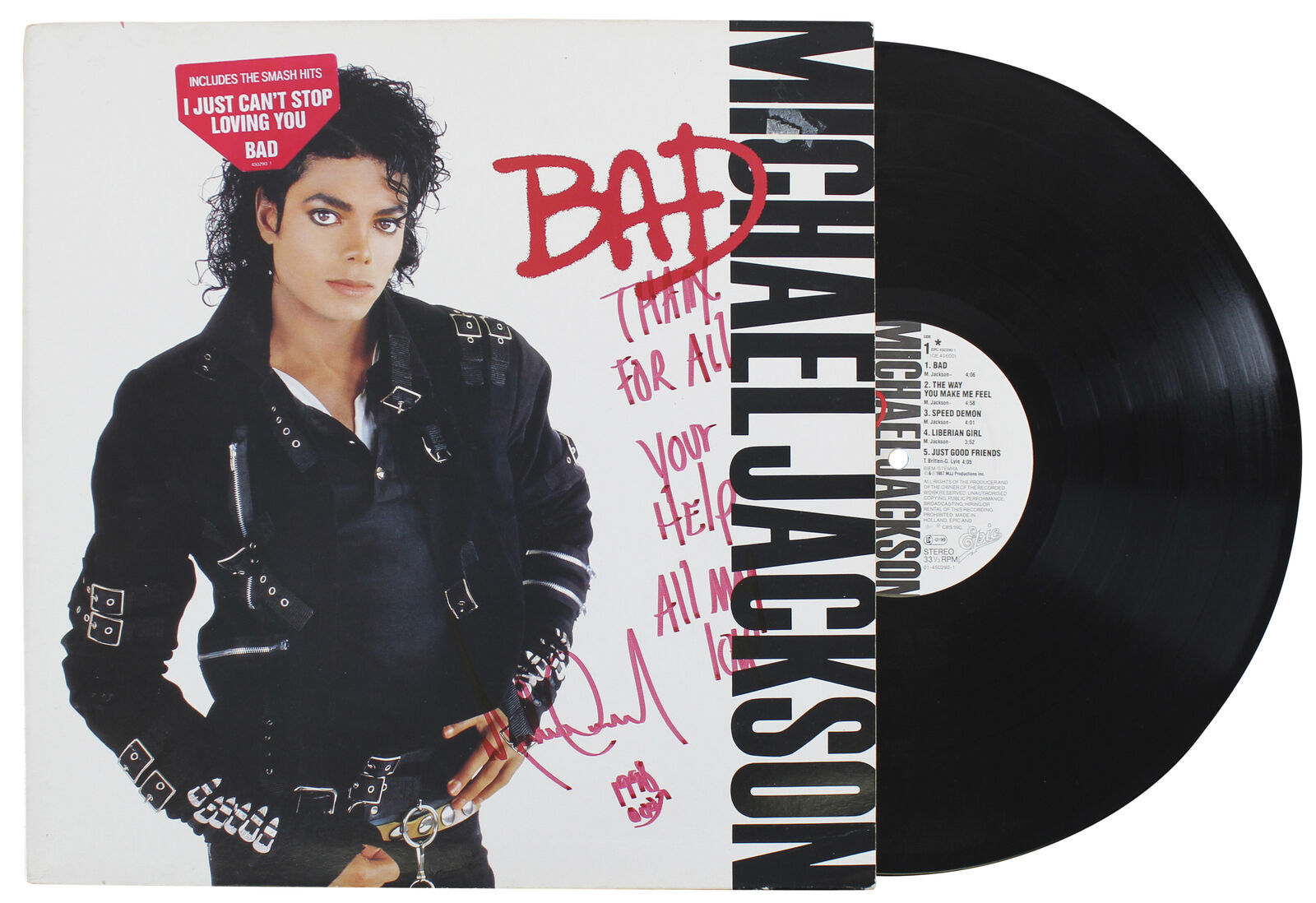

Jackson’s uneasy relationship to the world and reveals a canny self-awareness that carries the strongest message on Dangerous. It’s easy to overlook, though, because it immediately follows “Will You Be There,” and both tracks feature the Andrae Crouch Singers the sequencing of Dangerous often clusters similar songs in bunches when a more varied presentation would have been stronger. “Keep the Faith,” with its power-of-positive-thinking message, is looser and sets off fireworks with a call-and-response gospel coda. “Heal the World” is a Hallmark-card knockoff of “We Are the World,” while the grandiose “Will You Be There” never catches fire. He has always had a weakness for sappiness, and over the years his delivery has grown increasingly constricted on slower numbers. Less impressive are the ballads on Dangerous, where Jackson turns to more global concerns. Neither this slow-burn solo nor the Stones-derived riff on “Black or White” offers the catharsis of Eddie Van Halen’s blazing break on “Beat It,” but they demonstrate that what seemed like a stunning crossover fusion in 1982 has now become an established part of the pop vocabulary. There’s nothing on Dangerous as anti-female as Bad‘s “Dirty Diana,” but Jackson’s persona is much more assertively sexual than the accused victim in “Billie Jean.” He stalks and preens in “She Drives Me Wild.” “Give In to Me” flirts with something more disturbing as Jackson sings, “Don’t try to understand me/Just simply do the things I say” in a grittier, throaty voice while Slash’s guitar whips and soars behind him. Instead we get betrayal in “Who Is It” and repressed lust in the titillatingly titled (and determinedly heterosexual) “In the Closet.” Even “Remember the Time,” the most lighthearted musical track on the album, tells of a blissful romance only to ask, “So why did it end?” The tense, stuttering beats mirror these anxieties compellingly Riley’s melodies may seem secondary, but he carefully plants unshakable hooks in the least likely places - a jittery rhythm track in “Can’t Let Her Get Away,” a snaky, unexpected bridge in “In the Closet.” Exactly half of Dangerous is concerned with affairs of the heart, and Jackson’s greatest fears are brought right up front - there’s not a single straightforward love song in the bunch.

The fit is especially striking on the songs dealing with women. The aggressive yet fluid dance grooves Riley helped construct - and his emphasis is on writing grooves, not traditional songs - prove a perfect match for Jackson’s clipped, breathy uptempo voice. Instead of the cocksure strut of a New Jack classic like Bobby Brown’s “My Prerogative,” the stacked layers of keyboards on Dangerous shift and percolate, varying textures over insistent, thumping rhythm tracks. Riley’s tracks don’t offer the revolutionary genre-busting of Thriller, but they dramatically illustrate the versatility of his style. Riley’s work on Dangerous is reminiscent of Jackson’s solo album Off the Wall (1979) and that record’s distillation of disco to its perfect pop essence. This choice clearly represents Jackson’s pursuit of a more contemporary sound, an attempt to come to grips with the changes that have swept pop music since Bad - most significantly, rap’s successful attack on the mainstream. Riley - the producer of groundbreaking tracks by Bobby Brown, Keith Sweat and his own combo, Guy - is the godfather of New Jack Swing, which merges hip-hop beats with soul crooning and has dominated the R&B charts in recent years.

Quincy Jones as Jackson’s primary collaborator on Dangerous, an inspired selection that is the key to the album’s finest moments.


 0 kommentar(er)
0 kommentar(er)
